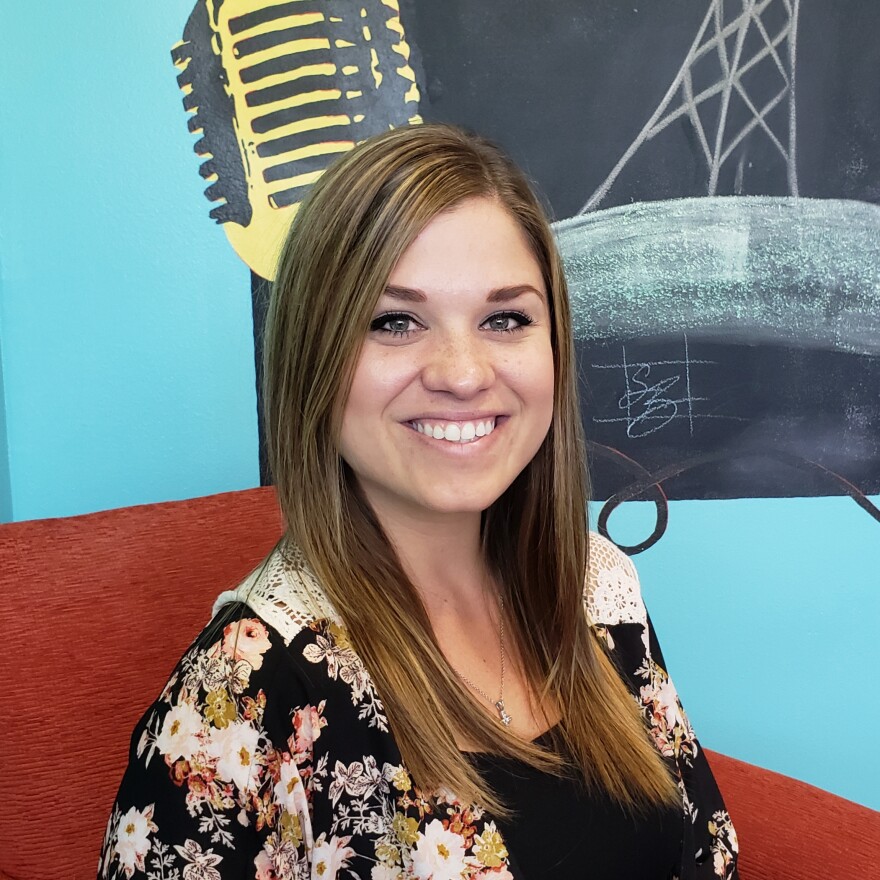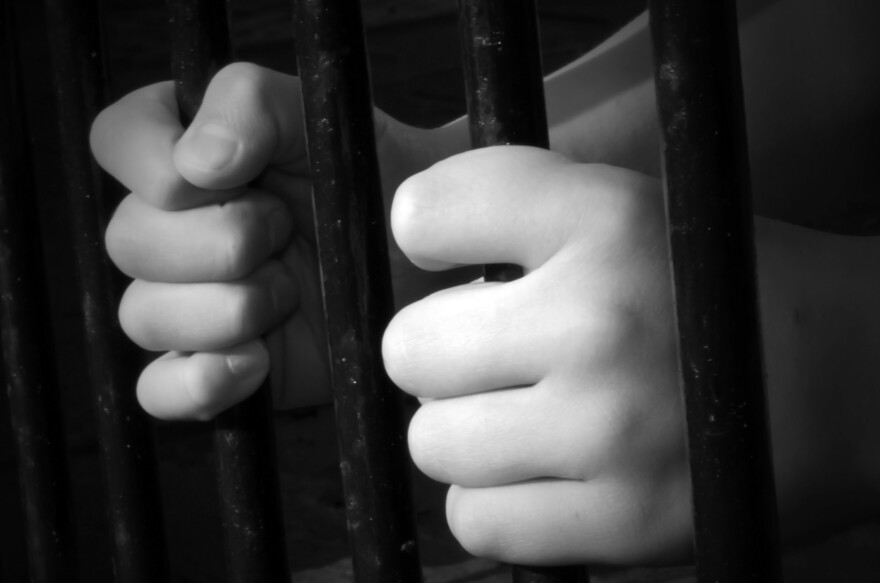This program originally aired on July 26, 2018.
Human trafficking - illegally transporting people for forced labor or commercial sex - is one of the world’s largest criminal industries found in every state, including Iowa.
In Iowa alone, “in any given month, there are about 1,000 ads on the internet for commercial sex,” says Stephen O’Meara, a retired human trafficking coordinator with the Nebraska Attorney General's Office. “Of those, about 18 percent are at high risk of being victims of sex trafficking, so that’s roughly 180 [people]. Forty-six percent are at high risk and moderate risk of being victimized in sex trafficking. And actually up to 70 percent of those 1,000 or 700 people show indicators of being victimized.”
On this edition of River to River, Ben Kieffer talks with O’Meara about the challenges in prosecuting these cases, why this goes mostly unnoticed and unreported, and what government and private agencies can do to curb trafficking and help victims.
“Law enforcement simply has to do a better job than it is doing,” he says. “Not only in terms of ramping up proactive enforcement but also learning how to establish a genuine trust relationship with the persons being victimized.”
O’Meara adds that we need to address the demand for commercial sex. Part of curbing that demand is a change in community values.
“If there are no buyers, there is no sex trafficking,” he says, “so if you want to start somewhere, that’s really a place to begin. Secondly, [we need to do] a better job as a society at looking at the vulnerabilities that characteristically expose people to being victimized.”
O’Meara lists some of the vulnerabilities that lead some young women and men into being kidnapped, or trafficked.
“Runaways are highly at risk. People suffering from mental health issues, people suffering from intellectual or cognitive dysfunction, addiction, poverty, especially homelessness, and other things which tend to isolate people” says O’Meara. “We simply don’t pay enough attention to that and do enough about that.”

Kristina Glackin, a human trafficking survivor now living in Marion, says she was vulnerable at the time she was trafficked. She grew up in foster care and had a parent dealing with addiction.
Glackin was living in Las Vegas at 18-years-old when she was approached by a man who became her friend over a series of weeks. One day, he asked her to travel to a concert in Los Angeles with him. When they got there, he took her I.D., held her up at gunpoint, and starved and drugged her for several days. Eventually she was coerced into selling herself to commercial sex buyers over the course of several days.
“Hopelessness doesn’t even explain it,” Glackin says. “It’s just pure darkness. You know, just of, ‘No one will ever find me, no one will ever see me again, no one knows where I am.’”
After telling her story to several of the buyers, finally a man named Adam listened and helped her escape.
Glackin said she knew that she was safe once Adam helped her make a call to her mother. The next call was to law enforcement.
“I was not treated very well by authorities at all,” Glackin says. “They didn’t arrest me or say I was a prostitute. They knew my story was true, yet, the stigma. […] This officer said to me, after telling her everything, this is all she took away was, ‘Your mom let you live in Las Vegas alone at 18?’"
Glackin says, “I was technically an adult, and I should be able to do that without risk of being held against my will and forced to sell myself. It wasn’t my mother’s fault.”
As far as Glackin knows, the traffickers who held her captive were never caught.
For years after that traumatic experience, Glackin suffered in silence. She was plagued with post-traumatic stress disorder, anxiety, and panic attacks. Then, one day, she prayed.
“One night I just cried out to God,” says Glackin. “I always knew God existed, but I just thought he hated me because of everything I had gone through, but God didn’t put me through that. God brought me through it.”
“I woke up the next morning with this peace and this joy, like I had just experienced love for the first time.”
Glackin has not had a panic attack in years now, and she helps other victims of sex trafficking work through their trauma through the Iowa-based group Chains Interrupted.
“I am so glad that God saw it fit for me to live and to turn my pain into a purpose,” she says.
In addition to talking with O’Meara and Glackin, Kieffer also interviews Sister Shirley Fineran of St. Francis of Dubuque, who is working to open a home for victims of sex trafficking, called the Lila Mae House.
It will be a place of healing, and a place where victims can understand, “that somebody really cares about them and loves them,” she says.
“I know that is hard for people who have been traumatized to realize because they haven’t experienced that necessarily in their life. To be given the skills to be able to be an independent person and to make good choices, and really just understanding what trafficking is. A lot of them don’t understand what has happened.”
She adds that, “Deep trauma is something I’ve come to understand just will always be part of a person’s life. Even though there may be a lot of healing and a lot of self-sufficiency, that deep trauma will always be there.”
Fineran is also the founder of the nonprofit Siouxland Restoration Center and an assistant professor of social work at Briar Cliff University in Sioux City. She is currentlyraising funds for the Lila Mae House via GoFundMe.
You can reach the National Human Trafficking Hotline at 1-888-373-7888. The Iowa Helpline can be reached by dialing 1-800-770-1650 or texting "IOWAHELP" to 20121.


